Honouring the 35 Anniversary of the Word Two-Spirit
Curriculum Guide: Honouring the 35th Anniversary of the Term "Two-Spirit"
Overview
This curriculum guide is designed to help educators, students, and community groups explore the significance of the 35th anniversary of the coining of the term Two-Spirit in 1990. It includes activities, resources, and discussion topics to engage with the history, cultural significance, and contemporary challenges faced by Two-Spirit people within Indigenous and LGBTQ+ communities.
Learning Objectives
Understand the history and significance of the term Two-Spirit.
Explore the intersection of Indigenous cultural practices and LGBTQ+ identities.
Reflect on the broader context of reconciliation efforts, including the Truth and Reconciliation Commission (TRC) and the National Inquiry into Missing and Murdered Indigenous Women, Girls, and Two-Spirit Peoples (MMIWG2S).
Engage in advocacy and action to support Indigenous communities and Two-Spirit individuals.
Lesson Plan Outline
1. Introduction to Two-Spirit Identity
Objective: Understand the meaning of "Two-Spirit" and its significance in Indigenous cultures.
Discussion:
Introduce the history of the term “Two-Spirit,” coined at the 3rd Annual Intertribal Native American, First Nations, Gay and Lesbian American Conference in Winnipeg in 1990.
Discuss how Two-Spirit people traditionally held respected roles in many Indigenous societies as healers, teachers, and spiritual leaders.
Explore how colonialism disrupted these roles through homophobic and transphobic policies.
Activity: Watch a short documentary or interview with Two-Spirit activists (e.g., “Two Spirits” by Lydia Nibley). Have students reflect on how Indigenous gender identities differ from Western binary concepts of gender.
2. Two-Spirit and the TRC’s 94 Calls to Action
Objective: Connect Two-Spirit identities to the broader work of reconciliation.
Discussion:
Review the Truth and Reconciliation Commission’s Final Report (2015) and its 94 Calls to Action, focusing on the importance of recognizing diverse Indigenous identities, including Two-Spirit individuals.
Highlight the TRC’s call for improved education on Indigenous histories, including the roles of LGBTQ+ people in these cultures.
Activity: Assign students to research one of the TRC's Calls to Action related to LGBTQ+ or gender rights, and present their findings.
3. The MMIWG2S Inquiry and the 231 Calls for Justice
Objective: Understand the impact of the MMIWG2S Inquiry on Two-Spirit communities and the broader fight against systemic violence.
Discussion:
Explain the significance of the 2019 MMIWG2S Final Report and its 231 Calls for Justice, particularly those addressing violence against Indigenous women, girls, and Two-Spirit individuals.
Discuss how systemic violence disproportionately affects Two-Spirit people and the importance of ensuring their safety and dignity.
Activity: Create a class discussion or debate on how communities and governments can implement the Calls for Justice to better protect and uplift Two-Spirit people.
4. Two-Spirit Resurgence: Cultural Reclamation and Activism
Objective: Explore contemporary movements to revive Two-Spirit roles and strengthen cultural identity.
Discussion:
Highlight Indigenous efforts to reclaim traditional knowledge and spiritual practices that celebrate and honor Two-Spirit people.
Discuss the role of activism in raising awareness about the unique needs of Two-Spirit people in areas such as healthcare, education, and justice.
Activity: Organize a community-based project or event to celebrate Two-Spirit culture. This can include inviting a Two-Spirit elder or activist to speak, or creating a visual or written project reflecting the history of Two-Spirit people in North America.
Key Resources
Two-Spirit Videos and Documentaries:
Two Spirits by Lydia Nibley: A documentary exploring the life of a Navajo Two-Spirit person.
Two-Spirit People: Oral Histories by LGBTQ+ organizations like Egale Canada and Native Youth Sexual Health Network.
Books:
A Two-Spirit Journey by Ma-Nee Chacaby: A memoir of a Two-Spirit Ojibwe-Cree elder.
Living the Spirit: A Gay American Indian Anthology by Will Roscoe.
Articles:
"Two-Spirit People: Native American Gender Identity, Sexuality, and Spirituality" by Sabine Lang.
Resources on Two-Spirit identity and history by the Native Youth Sexual Health Network.
Truth and Reconciliation Commission (TRC) Final Report:
TRC Calls to Action: Access the full list of 94 Calls to Action with a focus on education, justice, and Indigenous culture.
National Inquiry into MMIWG2S Final Report:
MMIWG2S Calls for Justice: Explore the 231 Calls for Justice, with particular attention to Indigenous LGBTQ+ and Two-Spirit recommendations.
Advocacy and Action: Answering the Call
Learn and Amplify: Encourage students to continue their learning journey by researching more about Two-Spirit identities and sharing their knowledge with others.
Support Indigenous Communities: Partner with local Indigenous organizations, especially those led by Two-Spirit people, to promote understanding and solidarity.
Call for Accountability: Advocate for the implementation of the 231 Calls for Justice and the 94 Calls to Action within school curriculums, workplaces, and communities.
Engage with Indigenous Knowledge: Encourage engagement with Indigenous cultural practices and languages, emphasizing the inclusion of Two-Spirit teachings.
Reflection and Commitment
2025 marks an important milestone in the journey towards understanding, honoring, and celebrating the identities of Two-Spirit people. This curriculum guide not only educates but also encourages active participation in reconciliation. By learning, engaging, and advocating, students and educators can contribute to a more inclusive future that respects the dignity and diversity of all Indigenous peoples, including Two-Spirit individuals.




